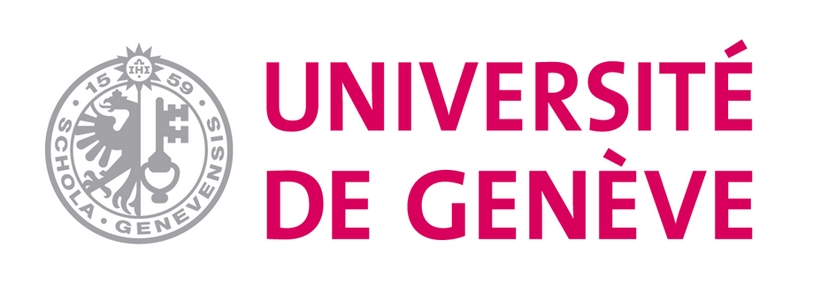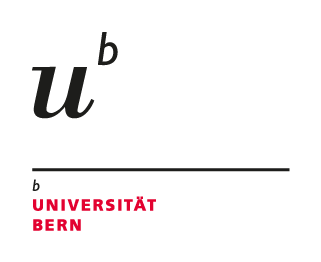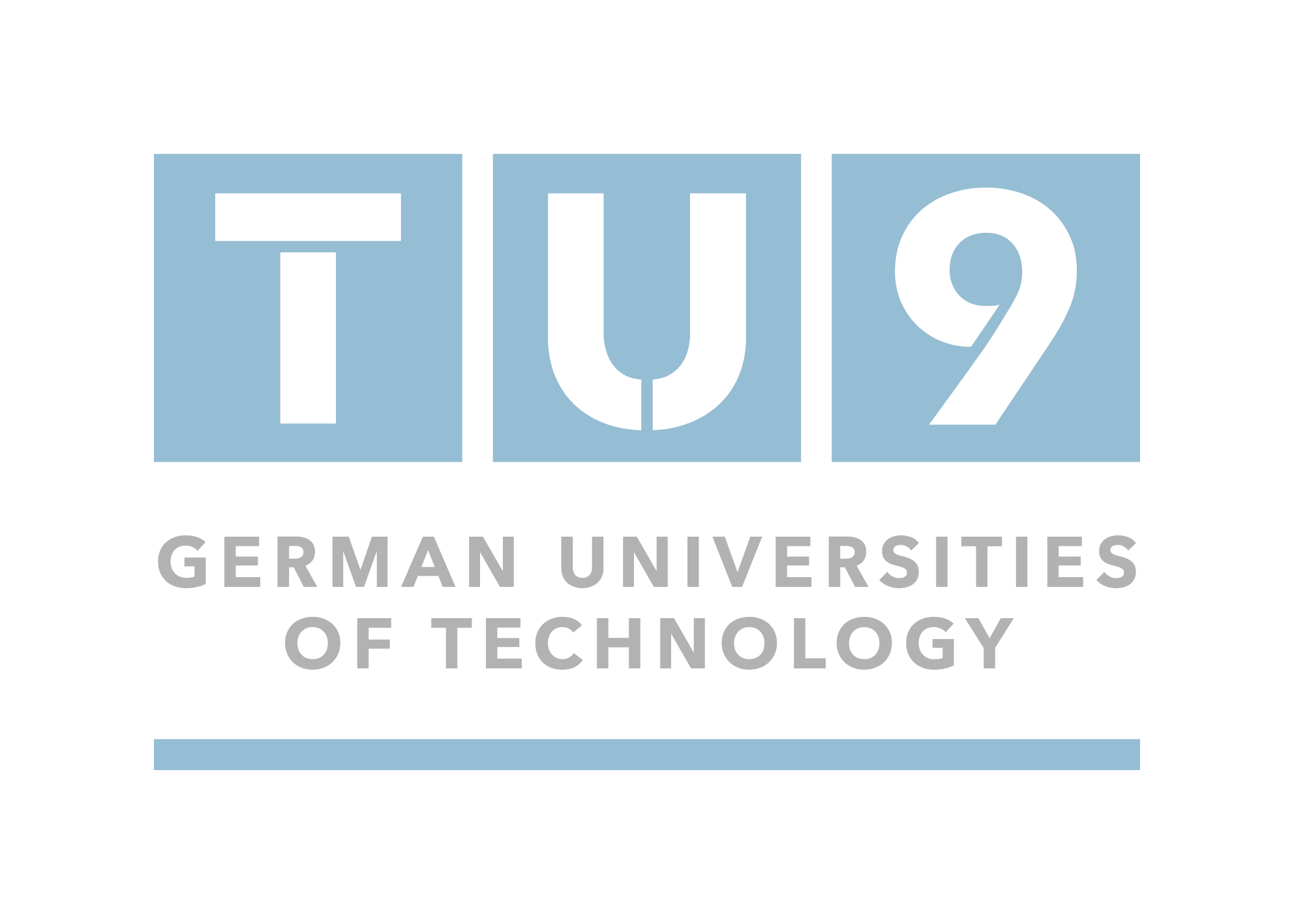Evaluating the Quality Assurance Process in Scholarly Publishing - EQUAP2
Survey to assess the quality assurance process in scientific publishing houses from the perspective of editors, reviewers and authors
Study Design and Field Period
The research project was implemented by means of an online survey, for which scientists at a total of 25 institutions in Germany and Switzerland were invited to participate. In addition to the nine universities of the TU9 group and the Swiss consortium partners (University / Central Library of Zurich, ZHAW Zurich University of Applied Sciences, University Library of Basel, University Library of Bern, University of Geneva, Consortium of Swiss University Libraries and the Swiss Library Network of Education and Research), six institutions from Germany (HTW Dresden, Forschungszentrum Jülich, GESIS Leibniz Institute for the Social Sciences, BIPS - Leibniz Institute for Prevention Research and Epidemiology, University of Tübingen, TU Bergakademie Freiberg) and six additional institutions from Switzerland (Université de Neuchatel, Université de Lausanne, École Polytechnique Fédérale de Lausanne, University of Applied Sciences Northwestern Switzerland, Université Fribourg) participated in the survey.
The survey was conducted between 25th April 2022 to 15th September 2022. The sample selection process of the scientists varied greatly and depended on the respective conditions for conducting surveys of employees at the respective institutions.
Preliminary results
More than 3.200 complete interviews could be considered in the analyses. Information from the scientists was collected in accordance with the answers of the respondents about their roles within the peer review process in the last twelve months. This generated role-specific answers about the quality assurance process from 612 editor, 2.141 reviewer and 450 author.
At this stage, three main conclusions can be derived from the survey data:
- With a few exceptions, the expectations towards the peer review process are very homogeneous across all disciplines. The most important criteria for quality assurance are transparency with regard to funding sources and possible conflicts of interest as well as the expertise of the reviewers and the review process. From the point of view of editors and reviewers, time represents an important quality feature, with very short review times tending to be seen as a signal of poor publication practices.
- The evaluation of the actual state, to what extent scientific publishers fulfill the expectations uniformly, shows a greater variance in the quality perception by the scientists. In particular, the fact that time pressure and very tight review times are indicated by editors and reviewers can be demonstrated for selected publishers.
- Overall, the survey generates the insight that the perception and assurance of quality in peer review processes is subject to various conflicts of goals and interests. Criticism of various practices of the publication process by editors and reviewers is met with much less criticism by authors.
The interim results of the survey were presented at the Open Access Days in Bern in September 2022. The slides of the presentation can be found here.
Outlook
- Completion of the final report is planned for November/December 2022.
- In January 2023, a workshop of the German and Swiss consortium partners will take place to draw concrete conclusions from the survey results for acquisition practice.
- In 2023, it is planned to offer other institutions in the German- and English-speaking countries the opportunity to invite their scientists to participate in the online survey.
- The results of the EQUAP^2 project will be presented at the Bibliothekartage in Hannover in May 2023.
Institutions that paticipated in the study
Germany
- Eberhard Karls Universität Tübingen
- Forschungszentrum Jülich
- GESIS - Leibniz-Institut für Sozialwissenschaften in Mannheim
- Hochschule für Technik und Wirtschaft Dresden
- Karlsruher Institut für Technologie
- Leibniz Universität Hannover / Leibnitz - Informationszentrum Technik und Naturwissenschaften und Universitätsbibliothek
- Leibniz-Institut für Präventionsforschung und Epidemiologie - BIPS
- Rheinisch-Wesfälische Technische Hochschule Aachen
- Technische Universität Bergakademie Freiberg
- Technische Universität Berlin
- Technische Universität Braunschweig
- Technische Universität Darmstadt
- Technische Universität Dresden
- Technische Universität München
- Universität Stuttgart
Switzerland
- Eidgenössische Technische Hochschule Lausanne
- Fachhochschule Nordwestschweiz
- Universität Basel
- Universität Bern
- Universität Freiburg
- Universität Genf
- Universität Lausanne
- Universität Neuchatel
- Universität Zürich
- ZHAW Zürcher Hochschule für Angewandte Wissenschaften







